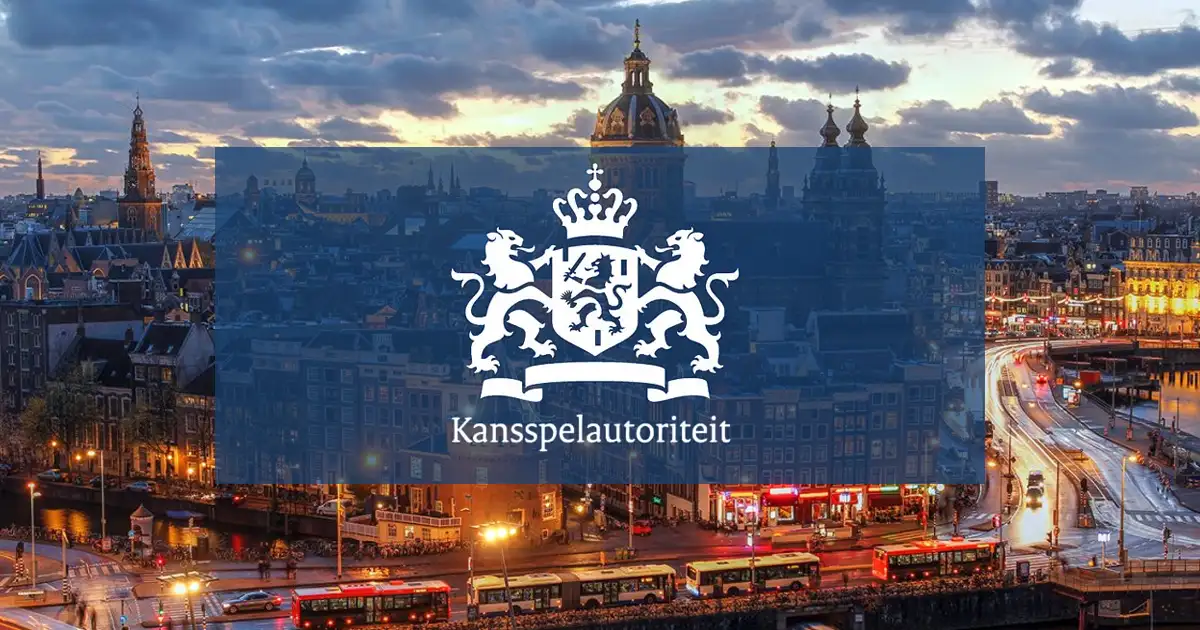840,000 penalty for Starscream Limited
Starscream Limited has been fined by the Dutch Gaming Authority for illegally offering online gambling to Dutch players via several sites. The company faces a fine of €280,000 per week, up to a maximum of €840,000, if it does not cease its activities. This measure is intended to protect consumers and remind operators of the importance of complying with local legislation.
The Dutch gaming regulator, Kansspelautoriteit (Ksa), recently imposed a drastic penalty on Starscream Limited for offering illegal gambling to Dutch players via several online sites.
The core of the offence: illegal gambling on a large scale
The Dutch authorities discovered that Starscream Limited operated several online gambling platforms, including rantcasino.com, sugarcasino.com, and allstarzcasino.com, for Dutch players. These sites allowed users to register, deposit funds and participate in games of chance that were not regulated by the local authorities.
But what made this situation even more worrying was the lack of technical measures to prevent access from the Netherlands. In other words, Dutch players were free to take part in gambling activities that were not officially regulated, thereby violating local gambling laws.
The Kansspelautoriteit’s response: severe financial penalties
On 22 April 2025, the Ksa decided to use its powers to impose a fine in the form of a periodic penalty payment, a particularly dissuasive measure. If Starscream Limited does not immediately cease its illegal activities, it will have to pay €280,000 per week, up to a maximum of €840,000.
The Ksa stated that this decision was aimed not only at stopping the illegal supply, but also at sending a clear message to all players in the sector: the Dutch authorities are prepared to take firm action against sites operating without a licence, in order to protect players and guarantee the safety of the games.
Why is this sanction so important?
Gambling regulation is a crucial issue in the Netherlands. Since the introduction of the regulated gambling market in 2021, the Dutch government has stepped up its efforts to supervise operators and ensure that gamblers can play safely. One of the main objectives of this regulation is to protect consumers against the risks of addiction, fraud and other harmful practices that can occur in an unregulated environment. In addition, by sanctioning companies such as Starscream Limited, the Ksa is attempting to limit the influence of illegal operators who, in the absence of regulation, can offer unsafe gaming conditions and fail to comply with player protection standards.


